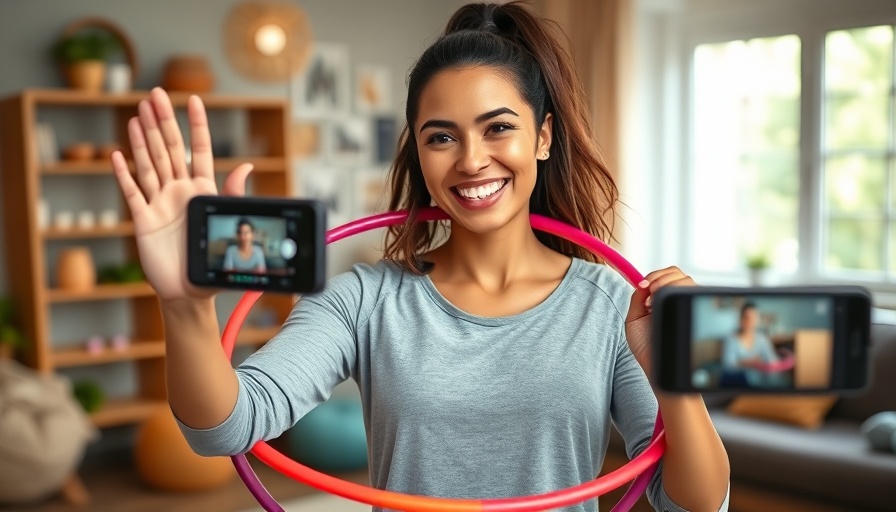
The Rise of Health Influencers
In recent years, social media has revolutionized the way we consume health information. With just a few taps on a smartphone, anyone can access an abundance of wellness advice, along with diet tips and fitness regimens. While this democratization of information seems beneficial, it has also led to the proliferation of misleading claims propagated by wellness influencers. These individuals, often lacking professional medical qualifications, promote health-related products and lifestyle changes based on personal experience rather than credible science.
Understanding Risks Involved with Misinformation
Many wellness influencers do not possess formal education backgrounds in health or nutrition. As a result, the information they share may often be factually incorrect or misrepresentative of established medical research. This has the potential to mislead followers into adopting fad diets or making unhealthy lifestyle choices which could be detrimental to their well-being. For example, trends like the carnivore diet or excessive use of dietary supplements often lack substantial scientific validation and pose risks without proper guidance.
Spotting Misinformation Online
Being a savvy consumer of health content on social media is crucial. Start by evaluating the credentials of the person providing the advice. Do they have a degree in a relevant field, or are they simply an influencer advocating for products? Additionally, consider whether the advice is backed by scientific evidence. Respectable studies or guidelines from authoritative organizations such as the World Health Organization (WHO) or the Centers for Disease Control and Prevention (CDC) generally provide a more reliable foundation than anecdotal testimonials.
The Importance of Evidence-Based Health Recommendations
The difference between anecdotal advice and evidence-based recommendations can be monumental in your pursuit of a healthier lifestyle. Studies have shown that recommendations grounded in solid research are more effective and safer for the general public. Recognizing this difference can significantly influence health decisions and encourage adherence to beneficial practices over popular fads.
Counterarguments: Why People Trust Influencers
Many individuals are naturally inclined to trust influencers because of their relatability and personal stories. Engaging narratives about weight loss, fitness journeys, and lifestyle transformations can make followers feel connected. However, it’s essential to differentiate between emotional storytelling and factual evidence. Influencers can inspire change, but it's vital to approach their advice critically, weighing the emotional appeal against scientific validity.
How to Verify Medical Credentials Online
When turning to social media for health tips, verify the sources of information. This can often be as simple as checking their profiles for education credentials or professional affiliations. Trusted influencers in the health sector often link to reputable tools or research studies, enhancing their credibility. Websites like PubMed or the American Medical Association can be invaluable resources to cross-check any health claims made.
Your Health Journey: Seek Professional Guidance
Your health journey is unique, and decisions about diet or wellness should ideally be made with the guidance of trained professionals. Consider scheduling consultations with registered dietitians or healthcare providers who can help tailor health strategies to your personal needs. Professional input can provide a more sustainable approach to lifestyle changes, ensuring that the path you choose is both effective and safe.
In our age of digital information, being vigilant about health advice is paramount. Consumers should remain critical of health trends popularized by social media, recognizing the potential risks involved with misinformation.
When considering changes to your diet or fitness regimen, always prioritize evidence-backed information and seek professional advice whenever possible. These proactive steps can empower you to navigate the online health landscape safely and inspiringly.
If you want to learn more about discerning factual health advice from misleading claims, consider getting involved in community workshops focused on health literacy or checking out credible health education resources.
 Add Row
Add Row  Add
Add 




 Add Row
Add Row  Add
Add 

Write A Comment